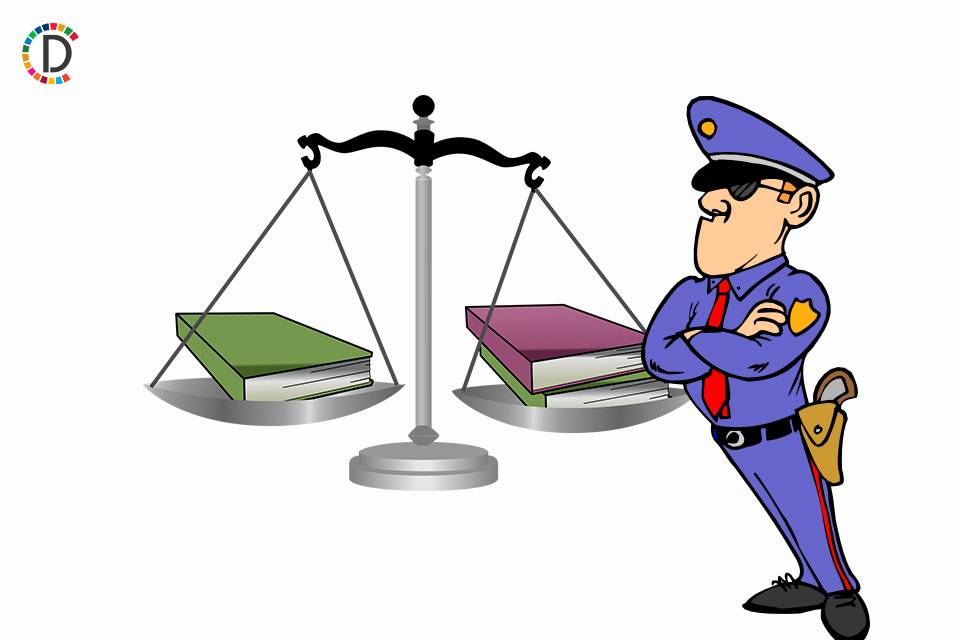China's rejects planned U.S. moves at U.N. on Iran sanctions

- Country:
- United States
China rejected on Thursday a planned push by the United States to extend a United Nations arms embargo on Iran and, if that fails, Washington's assertion that it could trigger a return of all sanctions on Tehran at the U.N. Security Council.
U.S. special envoy for Iran, Brian Hook, publicly confirmed the U.S. strategy on Wednesday, two weeks after a U.S. official, speaking on condition anonymity, said the United States had told Britain, France and Germany of its plan. China's mission to the United Nations in New York said that by quitting the Iran nuclear deal in 2018, Washington had "failed to meet its obligations" under a 2015 Security Council resolution that enshrined the agreement.
Tehran was given sanctions relief under the deal with the United States, Russia, China, Germany, Britain and France that prevents Iran from developing nuclear weapons. The deal - known as the JCPOA - allowed for a so-called snapback of sanctions, including the arms embargo, if Iran violated the deal. China's U.N. mission posted on Twitter that the United States "has no right to extend an arms embargo on Iran, let alone to trigger snapback. Maintaining JCPOA is the only right way moving forward."
Under the nuclear deal, a U.N. arms embargo is due to expire in October. Hook said that the United States has drafted a Security Council resolution to extend the arms embargo on Iran. A resolution needs nine yes votes and no vetoes by Russia, China, the United States, France or Britain to be adopted.
Russia has already signaled its opposition to extending the arms embargo on Iran and the U.S. claim that it can trigger the return of all sanctions on Tehran. U.S. President Donald Trump branded the accord from Barack Obama's presidency as "the worst deal ever." Washington argues it can trigger a return of U.N. sanctions because the Security Council resolution still names the U.S. as a participant.
Diplomats say the United States would likely face a tough, messy battle if it tries to spark a return of sanctions, though it was not immediately clear how or if a Security Council member could stop such a move. Iran has breached several central limits of the deal, including on its stock of enriched uranium, in response to the U.S. withdrawal and Washington's reimposition of sanctions that have slashed Iran's oil exports. Britain, France and Germany are trying to save the deal, but have made little progress.
(This story has not been edited by Devdiscourse staff and is auto-generated from a syndicated feed.)
ALSO READ
France Aims for Fiscal Reform: Public Spending Cuts and Inflation Targets
France Targets Inflation Control in 2025 Budget Amid Spending Cuts
Diplomatic Crossfire: France-Algeria Tensions Escalate Amid Historical Strains
France's New Fiscal Strategy: A Softer Approach to Budget Cuts
France Fortifies Animal Health Defenses Amid German FMD Outbreak










